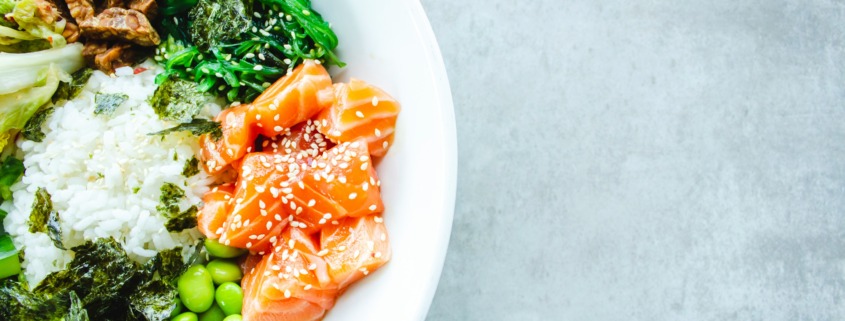How Important Is Good Nutrition For Post-Cancer Recovery?
Cancer treatment does not start nor end at the radiotherapy centre but is often a fairly lengthy process both leading up to treatment and once you are declared cancer-free. In that sense, it is more akin to a marathon rather than a sprint.
Because of this, whilst the most critical part of your cancer treatment will be the radiotherapy, chemotherapy or surgery prescribed, the preparations following diagnosis and the regime for recovery following are also incredibly vital parts of ensuring long-term health.
A big part of that is nutrition. Whilst a balanced, healthy diet can help in some respects to reduce the risk of cancer to begin with, where nutrition perhaps matters most is in recovering from cancer.
Good nutrition and a healthy diet help you to regain your strength and energy quicker, rebuild damaged and destroyed tissue from the procedures and treatments undertaken to remove any cancerous matter, and have positive impacts on both your physical and mental health.
Patterns Rather Than Prescriptions
Everyone who is recovering from cancer will have a different experience and no two healing schedules will be quite alike. As long as you are making overall progress in your recovery, it is natural for some people to spend longer recovering than others.
Generally, once your treatment is finished, so too will most of the side effects that relate to eating and nutrition. You might notice actively that your appetite improves soon after cancer treatment, but in other cases, it can take time.
The doctors involved with your treatment will let you know of any additional dietary requirements you may have following treatment, but for the most part, you can continue to follow a healthy diet following cancer treatment and it will help boost recovery.
What is important to note given the near-endless advice regarding what people should and should not eat following cancer treatment is that what matters is not the individual foods you eat but the overall patterns in your diet.
This means that much like how a restrictive diet you do not follow will not improve your health, having a healthy diet overall but with some flexibility to eat out or occasionally eat something less than healthy will not impact your recovery.
A Diet For Prevention Is A Diet For Recovery
The golden rule for setting up a recovery diet is that anything that helps to reduce the risk of cancer will also aid in cancer recovery.
This allows for a remarkable level of flexibility, as almost any healthy diet will generally help to reduce the risk of cancer as it helps people to maintain a healthy weight, reduce the cell damage that is linked to cancer and provide a boost of energy needed to get active.
Generally, when it comes to cancer prevention, the two main types of ingredients that should be included are foods rich in fibre, such as wholegrains, oats and brown rice, and dairy products or dairy alternatives such as soy, coconut and almond milk.
Both reduce the risk of bowel cancer, the former through several processes in the digestive system and the latter through calcium.
Fibre also has the side effect of helping you feel fuller for longer, which makes it easier to maintain a healthy weight, which means that foods high in fibre are also part of most healthy and balanced diets.
Besides these, fruits and vegetables, and healthy sources of protein such as chicken, turkey, fish, lentils and beans form the foundations of a balanced diet and contribute towards overall recovery following cancer treatment.
Avoiding red meat (such as pork and beef) processed meat (such as bacon, sausages and burgers), foods rich in sugar and foods high in calories in general will help aid in recovery and naturally guide you towards food that improves overall health, which in turn helps with recovery and reducing the risk of cancer in the future.
Benefits To Mind As Well As Body
One of the biggest benefits people note when they look towards a post-cancer diet is how empowering it feels and how much control it gives people during and after their recovery.
It is not a panacea, and a lot of reporting on the relationship between foods and cancer risk is unhelpful because it focuses on individual ingredients, but it is an active step people can take to give themselves the best quality of life.
It also helps improve your mood and well-being, both of which are critical parts of cancer prevention in their own right but also can help boost energy levels and provide motivation to keep active, which is the other big step in helping prevent cancer.


